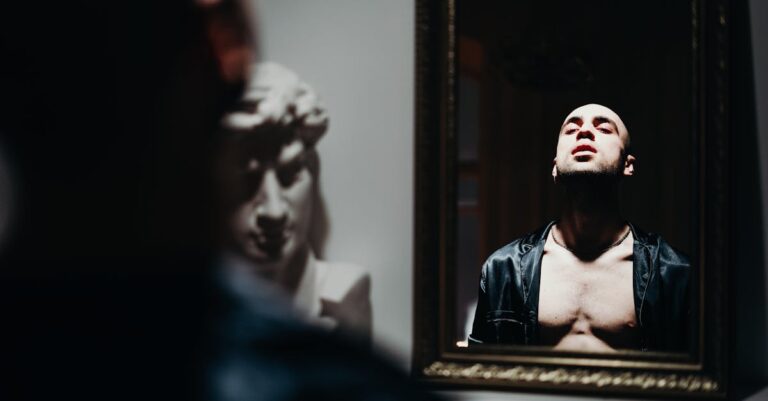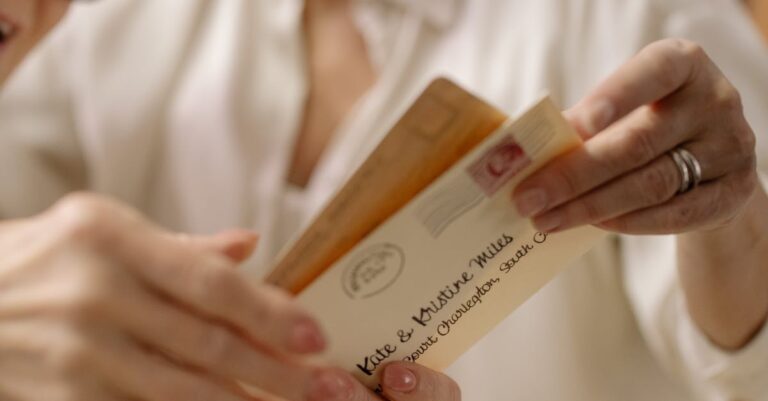
The first thing she noticed was the smell—sharp, metallic, like rusted wire and burnt hair. It clung to her nostrils, sharp and insistent, as if the air itself had been boiled clean. Her eyelids fluttered open to a white ceiling, sterile and unbroken, reflecting the cold hum of overhead lights. The table beneath her was cold, a slab of steel that leached warmth from her skin. She tried to move, but her limbs felt heavy, as though submerged in thick gel. A flicker of light across her face made her flinch. Her hand jerked, a reflex she didn’t understand.
“Subject 17-A,” a voice said, smooth and distant, like a recording played through a speaker half-buried in concrete. “Vital signs stable. Begin session.”
She tried to speak, but her throat was dry, her tongue sluggish. The room was silent except for the low whir of machines. A man in a white coat stepped into her view, his face obscured by a mask that left only his eyes visible—dark, unblinking, like polished obsidian. He held a tablet in one hand, its screen glowing with data she couldn’t read. His voice was calm, measured. “You’re awake. Good.” He didn’t sound surprised.
“Where am I?” Her voice came out as a rasp, raw and unfamiliar. The man tilted his head, as if considering the question. Then he turned, gesturing to a panel on the wall. A screen lit up, revealing a series of images—faces, landscapes, fragments of scenes that felt both foreign and intimately familiar. She couldn’t place them.
“This is your new home,” he said. “You’re here to… improve.” He didn’t elaborate. Instead, he tapped the tablet, and the screen shifted. A single word appeared: *Recall.*
The next thing she felt was a pain in her chest, sharp and searing, like a needle plunged into her ribs. It spread outward, radiating through her limbs, and suddenly she was somewhere else. A street at night, the air thick with rain. She could smell it—wet pavement, diesel fumes, the faint tang of blood. Her hands trembled as she clutched a backpack, its straps digging into her shoulders. A car screeched to a halt nearby, and she turned, heart pounding. A man in a black coat stood at the edge of the street, his face obscured by a hat. He raised a hand, and she felt a surge of fear so intense it made her knees weak.
Then it was gone. The pain returned, sharp and sudden, and she gasped, her body arching off the table. The man in the coat was gone. The screen had changed again, now displaying a single word: *Success.*
“You’re adapting,” he said, his voice still calm. “Good.” He didn’t ask if she was okay. He didn’t seem to care.
Over the next days—though time had no meaning here—she learned to expect the flashes. Each test brought a new memory, a new life she didn’t remember living. She woke up in a hospital bed, her hands shaking as she clutched a syringe. She stood on a rooftop, wind tearing at her clothes as she stared down at a city sprawled below. She sat in a dimly lit room, her fingers stained with ink as she wrote a letter that felt like it had been meant for someone else. The memories came in fragments, disjointed and vivid, each one more intense than the last.
“What are you doing to me?” she asked one day, her voice steady despite the fear coiling in her chest. The man in the coat didn’t look up from his tablet. “You’re not being harmed,” he said. “You’re being… enhanced.” His tone was dismissive, as if the question itself was irrelevant.
She didn’t believe him. The memories weren’t just flashes—they were *her*, or at least parts of her, and they were slipping away. She could feel it, a slow erosion of who she was. The more she remembered, the less she recognized herself. One night, she woke up with a name on her lips—*Lena*—but it felt foreign, like a word spoken in a language she’d never learned.
“I don’t want this,” she said, her voice trembling. The man looked at her then, his eyes narrowing. “You don’t have a choice,” he said. “This is progress.” He turned back to his tablet, and the screen flickered with new data.
She started to resist. During the next test, she focused on the pain, trying to anchor herself in her own body. The memory came anyway—a woman in a lab coat, her hands stained with something red. The woman’s face was familiar, and for a moment, she thought it was her own. Then the memory shattered, leaving her gasping on the table.
“What did you do?” she demanded, her voice sharp with anger. The man didn’t respond. He simply tapped the tablet, and the screen changed again. A new word appeared: *Replace.*
The word echoed in her mind long after the test ended. She thought of the faces she’d seen in the flashes, the lives she’d lived. What if they weren’t just memories? What if they were *her*? What if this wasn’t an enhancement, but a replacement?
The next test was different. The pain came, but she didn’t let it take her. She focused on the sensation, on the way her body reacted, and when the memory returned, she was ready. She was standing in a hallway, her hands trembling as she held a keycard. A door loomed ahead, its surface etched with numbers. She didn’t know why she was there, but she knew this wasn’t someone else’s life. This was hers.
The moment the memory ended, she sat up on the table, her breath ragged. The man in the coat looked at her, his expression unreadable. “You’re improving,” he said. “Good.” But she didn’t feel improved. She felt *wrong*, like a puzzle missing its final piece.
That night, she dreamed of the lab again, but this time it was different. The walls were thinner, the air heavier. She could hear voices—murmurs, whispers, fragments of conversations she didn’t understand. And then she saw them: other subjects, lying on tables like her, their eyes open but unfocused. They weren’t just test subjects. They were *replacements*.
She ran. The hallway stretched endlessly, the lights flickering as she stumbled through it. Her heart pounded, not from fear, but from a sudden clarity. She wasn’t being enhanced. She was being *replaced*. The experiment wasn’t about creating something better—it was about erasing what was already there.
She found a door at the end of the hallway, its handle cold beneath her fingers. She pushed it open, and for the first time in what felt like forever, she saw the sky. It was dark, but the stars were bright, scattered like shattered glass. She didn’t know where she was, but she knew one thing: she had to keep moving.
The lab behind her faded into the distance, its lights blinking out like dying stars. She didn’t look back. Whatever she had been before, whatever memories she had lost—she wasn’t going to let them define her anymore. She was *herself*, and that was enough.


